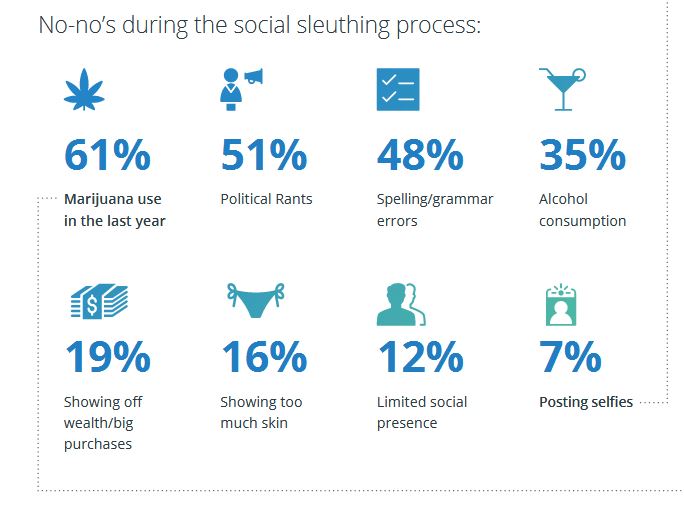Nike Memo Describes Diversity Failings
/The head of HR at Nike wrote a memo describing how the company has not lived up to plans to promote women and people of color. Nike has been grappling with complaints about its "boys-club culture," and the memo may have worsened the situation.
When complaints surfaced, Chief Executive Mark Parker said, “When we discover issues, we take action. We are laser-focused on making Nike a more inclusive culture and accelerating diverse representation within our leadership teams."
Weeks later, HR Chief Monique Matheson wrote in the memo that the company wants to “to create a culture of true inclusion. As part of our plan, we need to improve representation of women and people of color.” She also wrote, “While we’ve spoken about this many times, and tried different ways to achieve change, we have failed to gain traction—and our hiring and promotion decisions are not changing senior-level representation as quickly as we have wanted."
Of Nike's 74,000 employees, only 29% of vice presidents are women and, in the U.S., only 16% are nonwhite. In the memo, Matheson also reported that men, women, and people of color earn about the same, although she acknowledged, "We’ve also heard from some of you that this result does not reflect your personal experience" and promised to do more research into pay equity.
Discussion:
- How does the memo reflect both positively and negatively on Nike?
- Should Matheson have avoided putting such information in a memo, knowing that it could be made public? Or, do you think she intended for it to go public?
- How do executives balance internal communication and the possibility of messages being leaked to the press?
- In what ways does this situation demonstrate vulnerability?




















